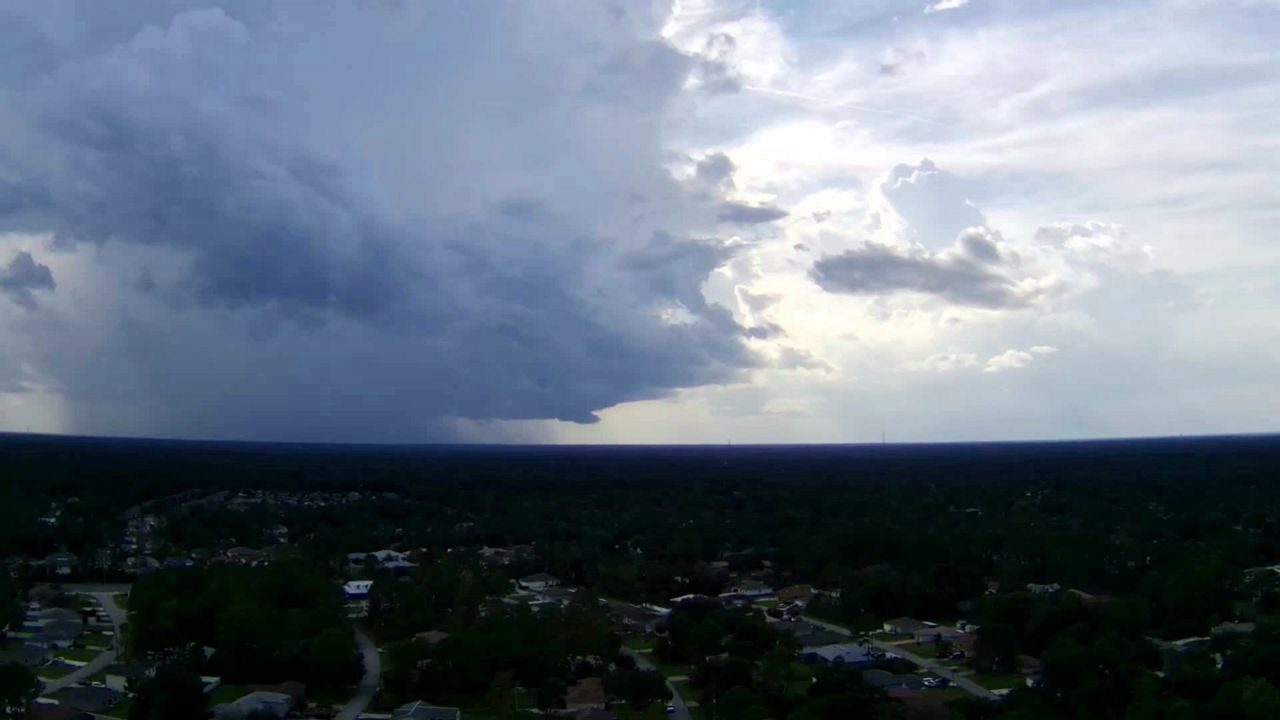ORLANDO, Fla. — Florida's "Move Over" law will expand starting on Jan. 1, requiring drivers to move over or slow down for any cars stalled with their flashers on.
The current version of the "Move Over" law only requires drivers to slow down to 20 mph less or merge when law enforcement, wreckers, or other essential personnel are stopped with their hazards.
It’s an expansion that tow operators like Amr Elshahawany say is necessary as a stalled car or traffic stop can become deadly.
“These tow trucks are very wide. Some of these sides you don’t have any room,” said Elshahawany, who works for Stellar Towing and Recovery.
According to AAA, an average of 24 emergency workers, including tow truck drivers, are killed after being struck on roadsides each year.
Back in 2015, a Florida Highway Patrol trooper was hit while walking back to his patrol car during a traffic stop. Video posted by the Florida Department of Highway Safety shows the shocking moments which lead to the trooper’s shattered pelvis.
Elshahawany says he’s unsure if many people are aware of Florida’s “Move Over” law, as some of his towers say some people don’t slow down or move over for them.
Now, with the law expanding to apply to all stalled cars with hazards on, he hopes drivers will stay aware when they’re on the roadways.
“There’s a lot of people passing by, and we want everybody to be more aware,” he said. “When they see lights, when they see something like that.”
The expansion of the law takes effect on Jan. 1, 2024. Fines for the law range from $60 to $158.









